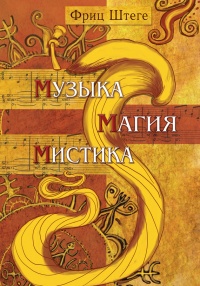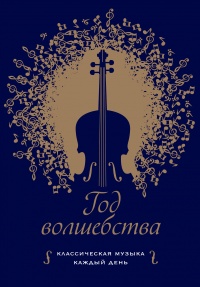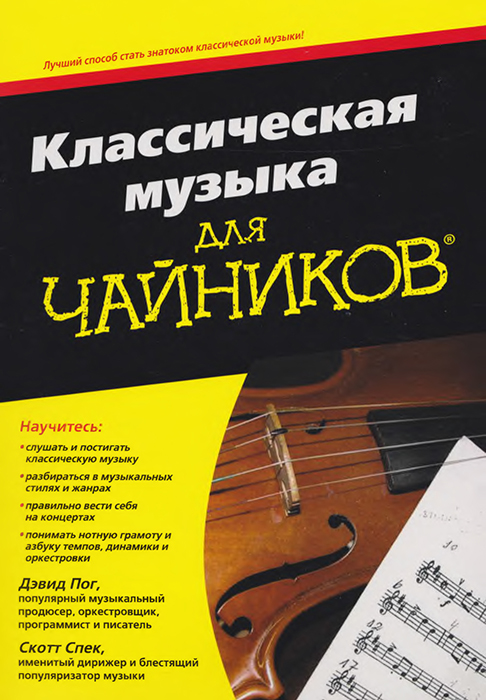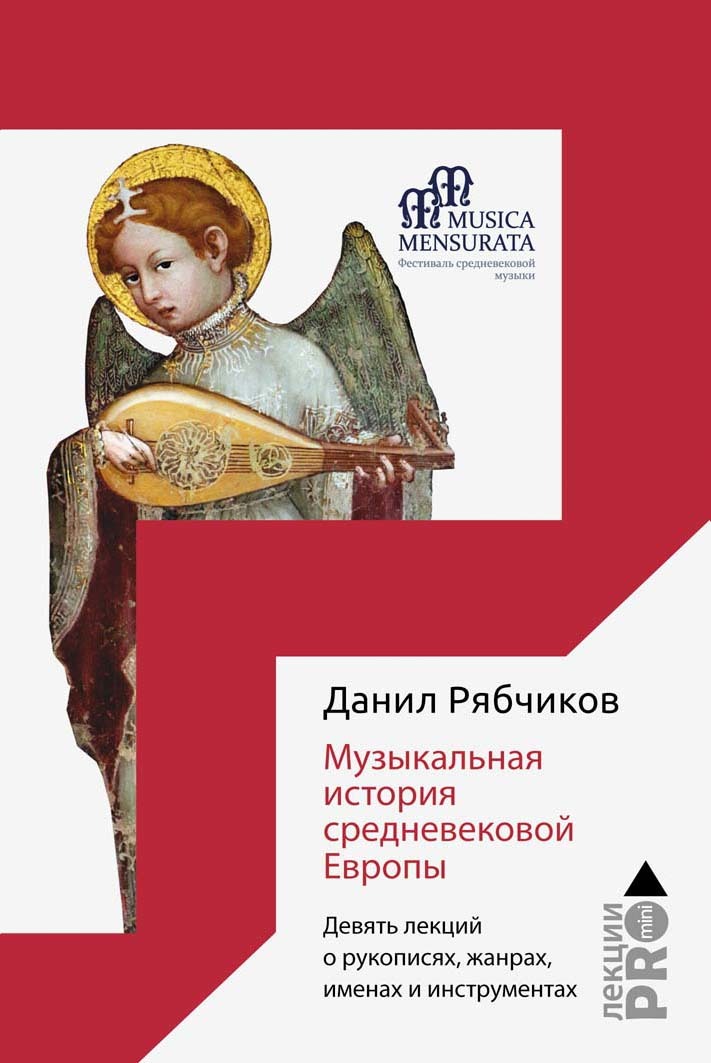Книга Good Vibrations. Музыка, которая исцеляет - Штефан Кёльш
На нашем литературном портале можно бесплатно читать книгу Good Vibrations. Музыка, которая исцеляет - Штефан Кёльш полная версия. Жанр: Домашняя / Разная литература / Психология. Онлайн библиотека дает возможность прочитать весь текст произведения на мобильном телефоне или десктопе даже без регистрации и СМС подтверждения на нашем сайте онлайн книг knizki.com.
Шрифт:
-
+
Интервал:
-
+
Закладка:
Сделать
Перейти на страницу:
Перейти на страницу:
Внимание!
Сайт сохраняет куки вашего браузера. Вы сможете в любой момент сделать закладку и продолжить прочтение книги «Good Vibrations. Музыка, которая исцеляет - Штефан Кёльш», после закрытия браузера.
Книги схожие с книгой «Good Vibrations. Музыка, которая исцеляет - Штефан Кёльш» от автора - Штефан Кёльш:
Комментарии и отзывы (0) к книге "Good Vibrations. Музыка, которая исцеляет - Штефан Кёльш"
























